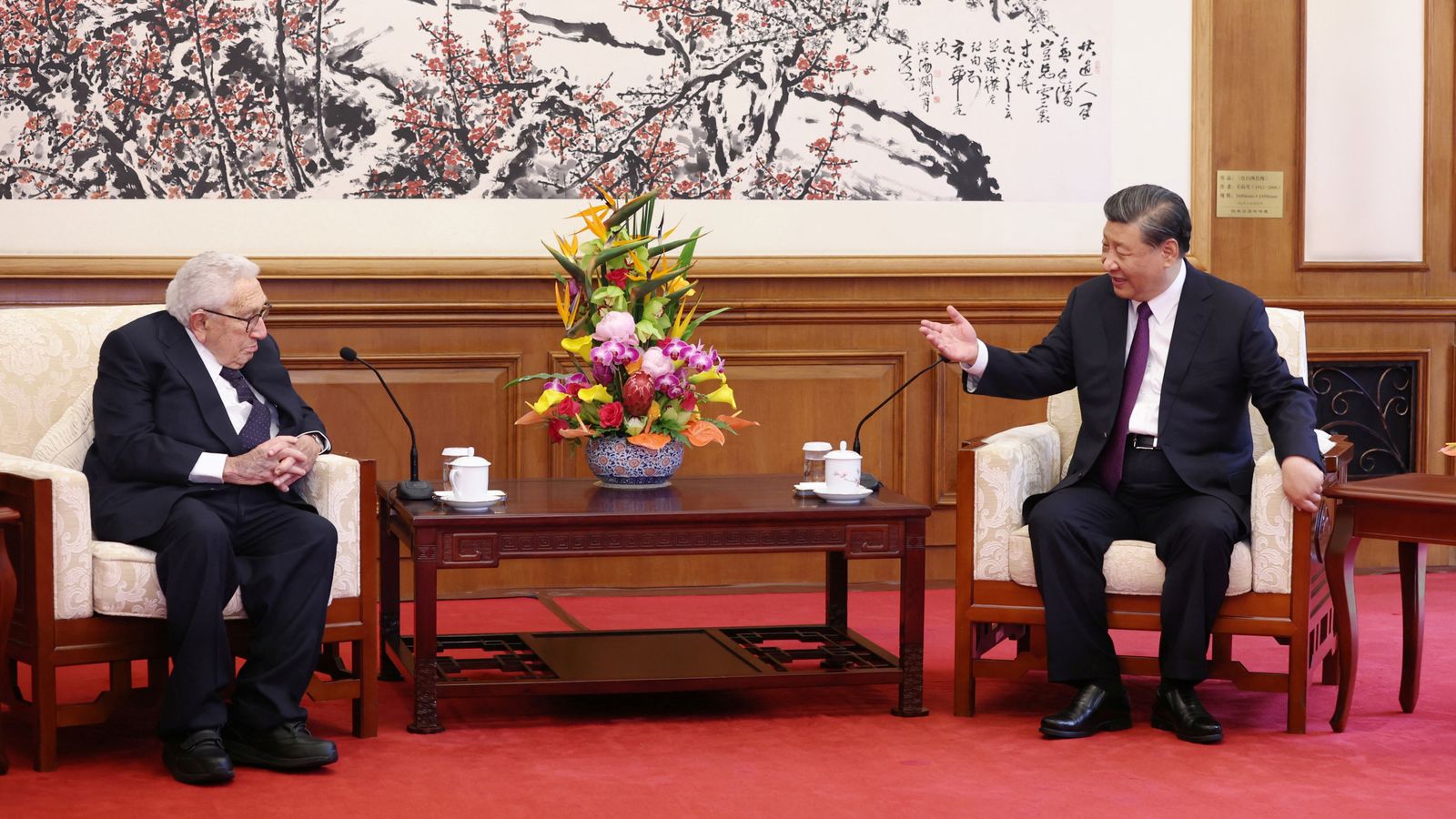Doug Bandow, Senior Fellow, Cato Institute
Aug 07, 2023
Washington has recently made attempts to repair its relationship with Beijing, but with limited success. As the 2024 U.S. presidential campaign approaches, Chinese officials should seek to calm ties involving the U.S. and other Western states.
Vasilis Trigkas, Visiting Assistant Professor, Schwarzman College, Tsinghua University
Jul 26, 2023
Excessive Sino-American rivalry could be averted if strategists from the U.S. and China make rational assessments about the other side’s capabilities and limits - and can restrain themselves from pouncing on misperceived weaknesses.

Ma Xue, Associate Fellow, Institute of American Studies, China Institutes of Contemporary International Relations
Jul 26, 2023
Despite is softer sound when compared with decoupling, de-risking will not enhance U.S. national security. Unexpected consequences will follow as countries grow more cautious in choosing trading partners. Nor will de-risking enhance U.S. competitiveness. Rather, it will hinder innovation and suppress productivity.

Mel Gurtov, Professor Emeritus of Political Science, Portland State University
Jul 24, 2023
Treasury Secretary Yellen's visit to Beijing aimed to promote dialogue and address sticking points. While the meetings were constructive, they didn't bring any new proposals, and significant challenges remain in resolving outstanding issues between the two countries.
Zhang Monan, Deputy Director of Institute of American and European Studies, CCIEE
Jul 24, 2023
Dialogues in China show America’s orientation toward “on-demand cooperation,” which is most likely to bear fruit in the green sector and with climate change. It may prove to be a starting point for the recovery of the relationship.

Sun Chenghao, Fellow, Center for International Security and Strategy of Tsinghua University; Munich Young Leader 2025
Jul 22, 2023
Tension between China and the U.S. is at a precarious point, the renowned diplomat noted, saying the trajectory of the relationship must be altered. In the short to medium term, there are still a significant number of opportunities.

Dong Chunling, Deputy Director, Office of the Center for the Study of a Holistic View of National Security, CICIR
Jul 21, 2023
Frequent high-level contacts with China may be making a tactical difference for the United States. Tensions have eased slightly. However, the U.S. continues to pursue its broader strategy of containment. As elections approach, the Biden administration has little room to maneuver.

Nathaniel Schochet, Analyst and CJPA Global Advisors
Earl Carr, Founder and Chief Executive Officer at CJPA Global Advisors
Jul 21, 2023
In a series of recent high-level communication between China and the U.S., Treasury Secretary Yellen completed an official visit to China earlier this month. While the trip might indicate that a process towards renewal has finally begun, and pave the way for future dialogue, there were no tangible or immediate outcomes.
Richard Weitz, Senior Fellow, Hudson Institute
Jul 21, 2023
Talks between executive officials of the U.S. and China have resumed, after a disastrous start to the year. However, the presence of dialogue alone is no proof that substantial changes are in the works, as substantial changes have not emerged from current meetings.
Zhong Yin, Research Professor, Research Institute of Global Chinese and Area Studies, Beijing Language and Culture University
Jul 19, 2023
U.S. Treasury Secretary Janet Yellen’s visit to China served as a reminder of the integral relationship that exists between the two countries. While the U.S. now says it merely seeks de-risking in its trade policies, it should be careful not to throw the baby out with the bathwater.